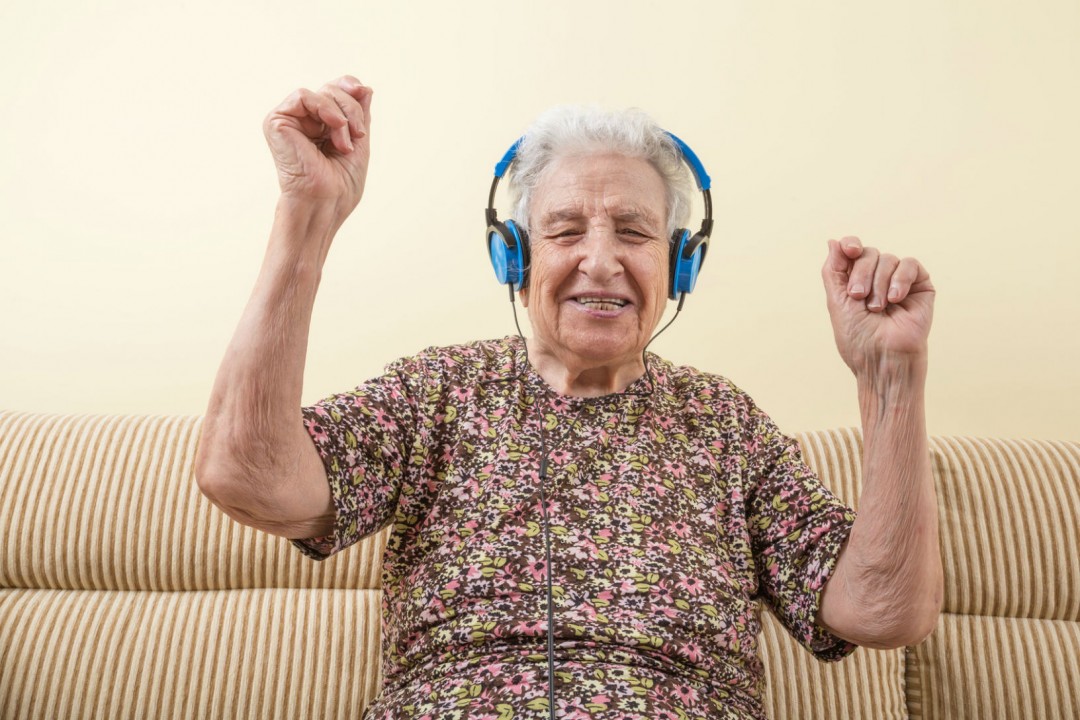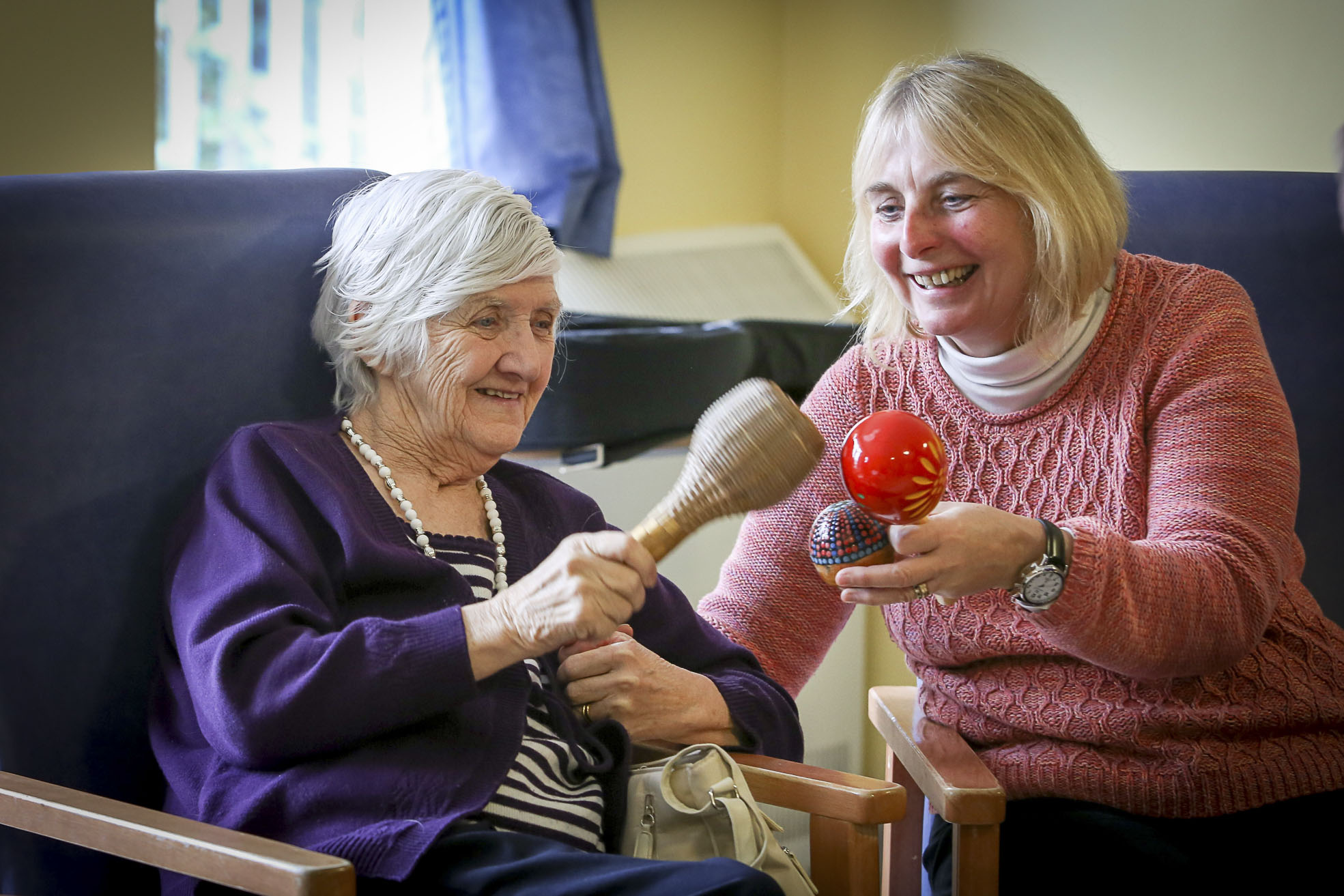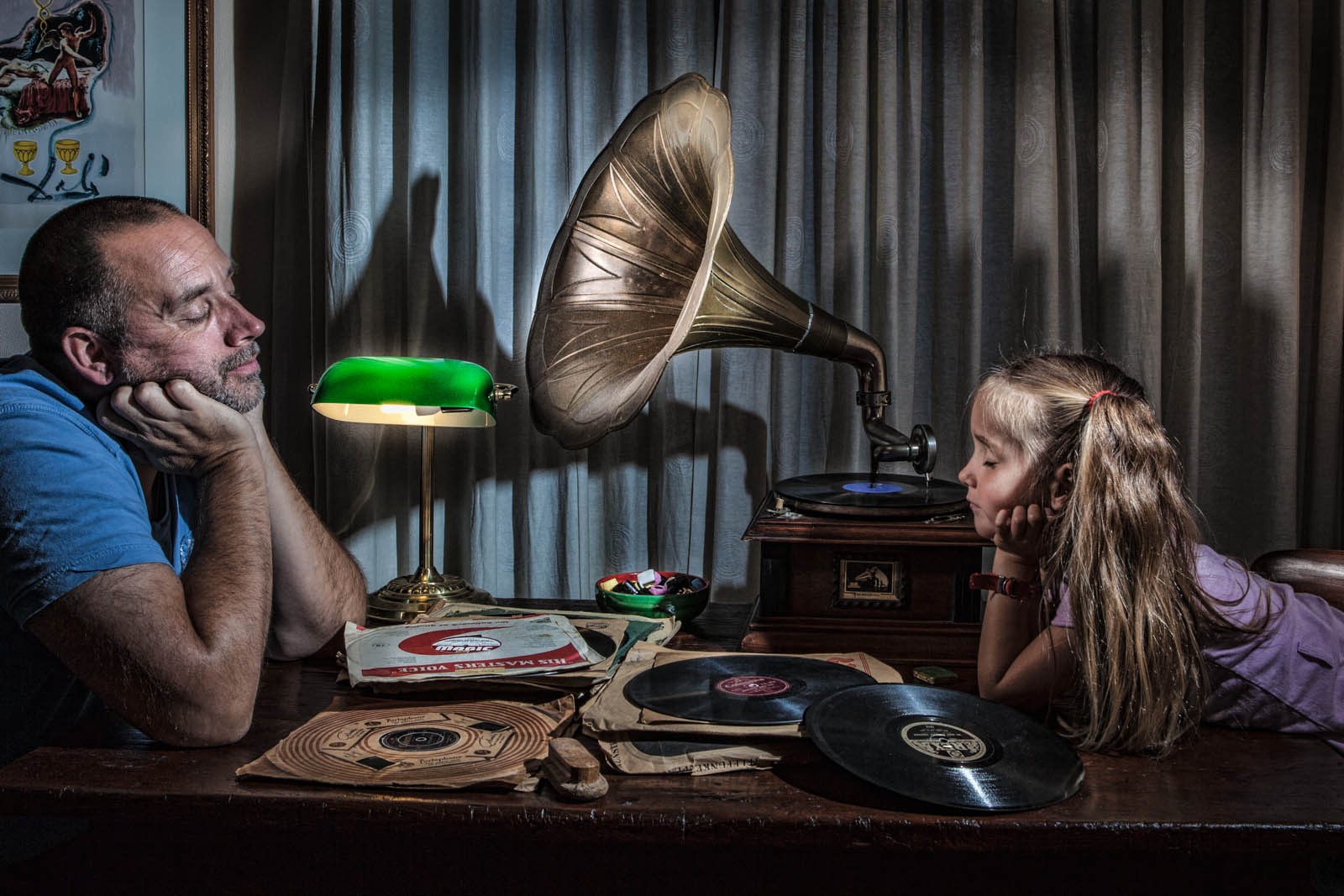Music – A Brain Booster for Dementia

Music and Emotions are incredibly liked to each other. Researchers have been conducting studies for many years looking into the associations between music and cognition. Music can help patients with dementia or brain injuries recover lost memories, can serve as therapy, and can even strengthen language skills.
Music can be used to communicate with someone who has been diagnosed with dementia, even if they no longer speak or respond to others. Music can be a useful way to change anyone’s mood. For instance, if a person diagnosed with dementia resists your efforts to help them get dressed, playing soothing music or a favorite song can help lessen the distress.
Music & Memory - The Connection

Music has been an important mnemonic device for thousands of years. There’s a memory system, which we have for our own personal memories and that’s called Autobiographical memory. Memories about our life are part of autobiographical memory, and music has been proven to stimulate/activate vivid autobiographical memories. Music invokes memories, which are difficult to recall on our own. You might have listened to a song and it immediately takes you back to a certain time, place, or even feeling. That’s music evoking autobiographical memories.
According to a recent study, patients with severe brain injuries listened to hit songs and answered questions about their memories. The study found that music was more effective than verbal prompts at triggering autobiographical memories.
Music Therapy May Reduce Pain

Music Therapy has become such a success in the healthcare industry that some hospitals are often supplementing or even replacing pain medications with music therapy. Many of us have gone to a spa or salon and listened to relaxing music, and have instantly been calmed during our beauty treatments. Music therapy produces the same calming effect, and can help relax tensed muscles to eliminate pain. In the same way that we can get lost in a song, the elderly can be distracted from pain by listening to uplifting or calming music. The benefits are increased when the elderly are able to personally play the instruments, which leads to increasing their mobility, while decreasing their pain.
Music has helped many people with dementia remember things from their past. They are able to connect with people more, and music encourages them to sing and speak with others.
Music Therapy has many benefits, which can lead to a better quality life in the golden years, and can help create bonds between seniors and their family, friends, and medical professionals.
